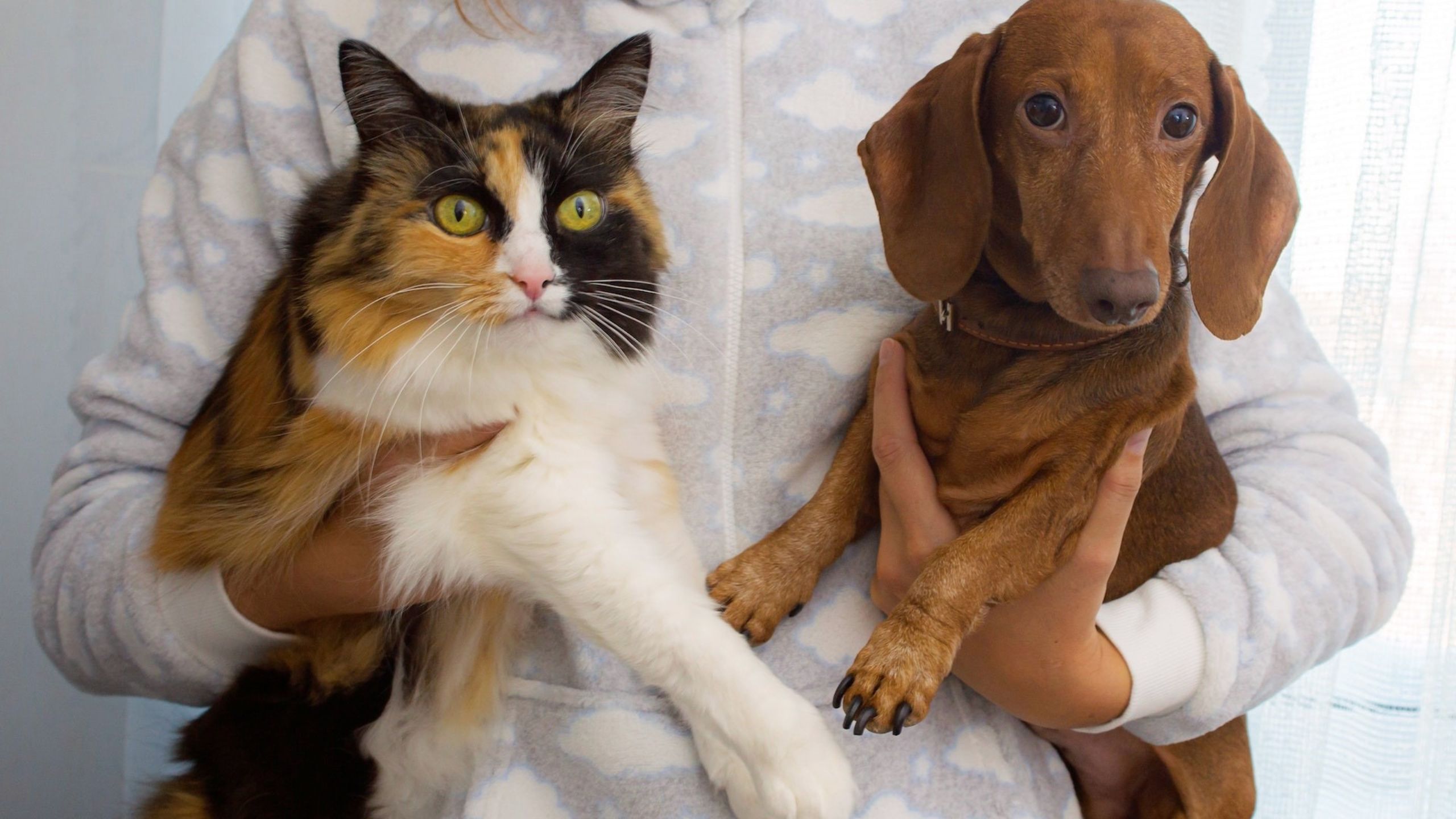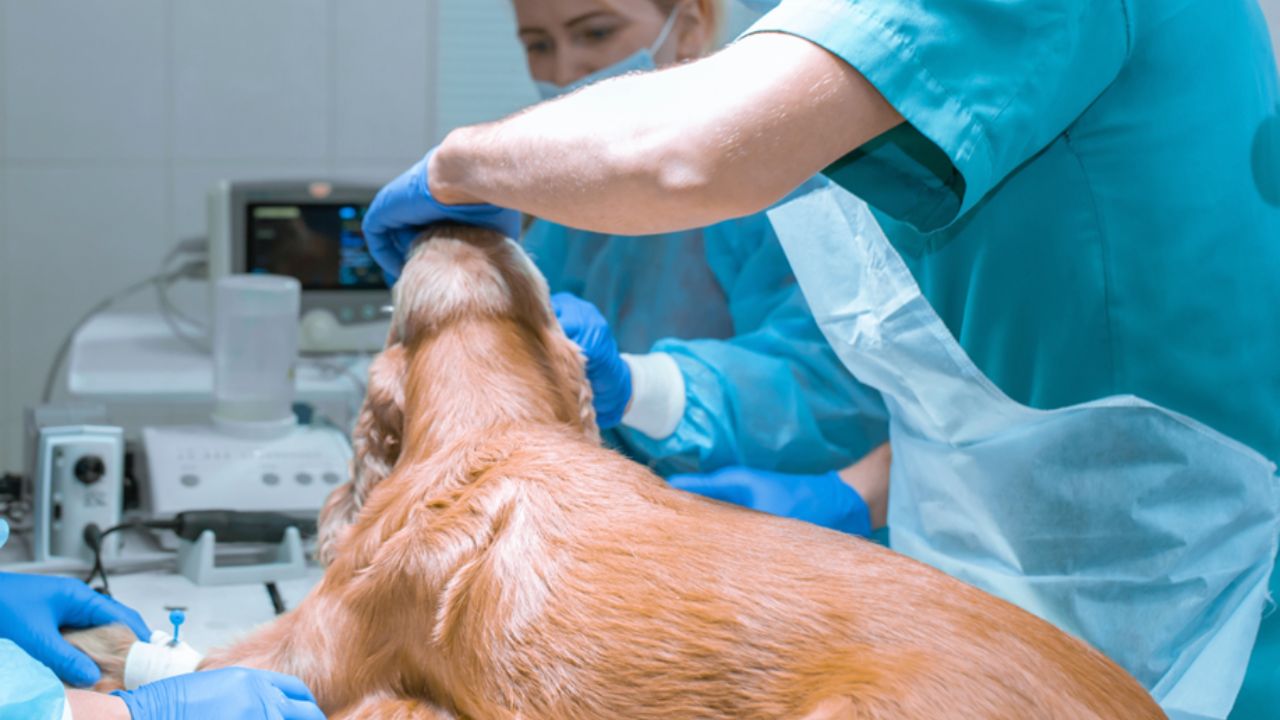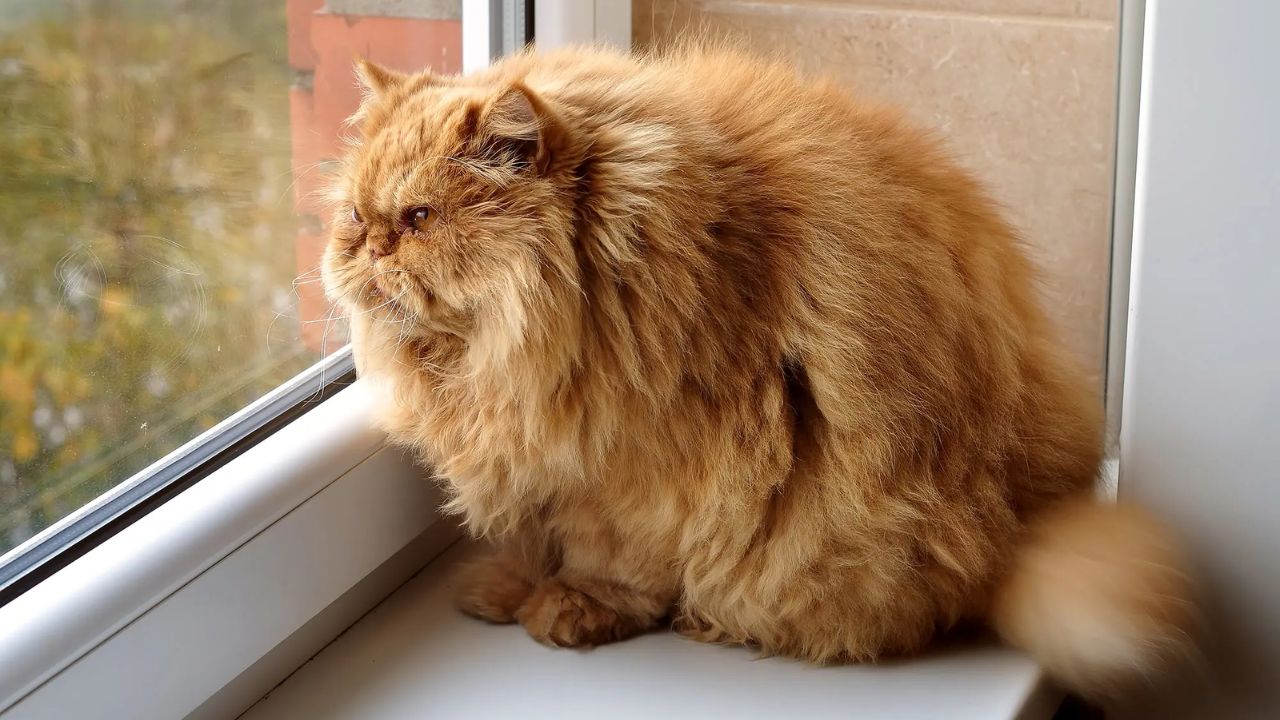
Table of Contents
A short recap
Wow! It took me two years to reach this milestone. I have to admit; that this post should have come a lot earlier. It all happened when I got so bored near the end of the 2020 lockdown that I decided to do something that would not only be entertaining but also something very new to me, which would put up some challenges and provide food for my brain. Besides, it would not hurt if I could make a small business out of it.
Back then, everyone was searching for online income ideas, and probably that’s why YouTube suggested some videos on how to start blogging and start earning hundreds of thousands in a few months. Hence, it all started.
Now, I was at my wit’s end to decide a fitting name for my pet blog (yeah, I knew if I had to start a blog, I would go for a pet blog). I am a big fan of Al Pacino, perhaps due to “The Godfather” trilogy. I am a huge fan of those three movies. Perhaps the name ‘Petfather’ came to my mind accidentally, I don’t recall, but I was super happy to see that this name was available to book. Rest is history? Nope, not yet. Only the future can tell that!
Ok, fast forward two years; I am again in my busy schedule and manage to create articles maybe once a week. Things are not half bad through ups and downs, as my skeptical mind initially thought while starting. Today, Petfather receives nice traffic from Google. People love my website; they send me messages (you can, too!), and some of them want to contribute their articles. I am beginning to think about having a small team, especially now I am thinking about a serious business.
100 Pet Care Tips Every Pet Owner Should Know
Enough of nostalgia; let’s celebrate the 100th post on Petfather by doing what we do best; write the best pet care articles on the internet.
General Care and Health
Regular Veterinary Check-Ups and Preventive Care
Regular visits to the vet are crucial for monitoring your pet’s overall health and catching any issues early. Stay up-to-date with vaccinations, flea/tick prevention, and heartworm medication.
Balanced Diet and Hydration
Provide a well-balanced diet suited to your pet’s age, breed, and health requirements. Always have fresh, clean water available to keep your pet properly hydrated.
Grooming and Coat Care
Regular grooming sessions, including brushing, bathing, and nail trimming, help maintain a healthy coat and prevent skin issues. Proper coat care also minimizes shedding.
Dental Health
Brush your pet’s teeth regularly and consider dental treats or toys to reduce plaque buildup and ensure good oral hygiene.
Weight Management
Maintaining a healthy weight prevents various health problems. Consult your vet to determine the right diet and portion sizes for your pet.
Proper Identification and Microchipping
Ensure your pet wears an identification tag with your contact information. Microchipping provides an extra layer of identification in case your pet gets lost.
Pet-Proof Your Home
Remove hazards, toxic plants, and dangerous substances from your home to create a safe environment for your pet.
Regular Exercise
Engage your pet in daily physical activities to keep them fit, maintain a healthy weight, and stimulate their mind.
Training and Behavior:
Positive Reinforcement Training
Use positive reinforcement, such as treats and praise, to encourage good behavior and discourage undesirable actions.
Consistency and Routine
Establish clear routines for feeding, playtime, and bathroom breaks to help your pet feel secure and well-adjusted.
Socialization and Obedience
Expose your pet to various people, animals, and environments early in life to prevent behavioral issues. Enroll in obedience classes for structured training.
Mental Stimulation
Provide puzzle toys, interactive games, and training sessions to keep your pet mentally sharp and prevent boredom.
Crate Training and Safe Spaces
Introduce crate training as a safe haven for your pet and a useful tool for travel or house training.
Socialization and Play:
Playtime Importance
Allocate dedicated time each day for interactive play with your pet to strengthen your bond and provide essential physical and mental exercise.
Appropriate Toys
Offer a variety of toys designed for your pet’s size and preferences, such as chew toys, puzzle toys, and toys for mental stimulation.
Playdates and Interaction
Arrange playdates with other pets to encourage healthy social interactions and prevent loneliness.
Outdoor Exploration
Take your pet for walks, hikes, or visits to dog parks to expose them to new sights, sounds, and smells.
Fetch and Interactive Games
Engage in games like fetch, hide-and-seek, or tug-of-war to keep your pet entertained and active.
Cats
Vertical Space and Climbing Opportunities
Provide cat trees, shelves, and perches to satisfy your cat’s instinct to climb and perch.
Scratching Posts
Offer scratching posts and pads to fulfill your cat’s scratching needs and protect your furniture.
Litter Box Care
Keep litter boxes clean and easily accessible, and provide one box per cat plus an extra.
Interactive Play and Hunting
Use toys that mimic prey to tap into your cat’s hunting instincts during playtime.
Dogs
Regular Exercise
Engage in daily walks, runs, or play sessions to meet your dog’s physical and mental activity needs.
Leash Training
Teach your dog to walk on a leash without pulling to make walks enjoyable for both of you.
Recall Training
Train your dog to come when called to ensure safety during off-leash activities.
Chewing and Mental Stimulation
Provide appropriate chew toys and engage in mental stimulation games to prevent destructive behavior.
Small Animals (Hamsters, Guinea Pigs, etc.):
Proper Habitat Setup
Create a comfortable and safe living environment with suitable bedding, hiding spots, and ventilation.
Nutritional Variety
Offer a mix of fresh vegetables, fruits, and appropriate commercial food for a well-rounded diet.
Supervised Playtime
Allow your small pet supervised out-of-cage play to explore and exercise.
Birds
Spacious Cage and Enrichment
Provide a roomy cage with toys, perches, and mental enrichment to prevent boredom.
Daily Interaction
Spend quality time interacting with your bird to build trust and prevent loneliness.
Vocalization and Communication
Acknowledge your bird’s vocalizations and engage in conversations to strengthen your bond.
Aquatic Pets (Fish, Reptiles, etc.):
Proper Habitat Conditions
Maintain optimal water temperature, cleanliness, and appropriate equipment to ensure a healthy aquatic environment.
Species-Specific Care
Research and understand the unique needs of your aquatic pet’s species to provide the right habitat and diet.
Enrichment and Hideouts
Add decorations and hiding spots to the habitat to reduce stress and promote natural behaviors.
Senior Pets:
Adjusted Care
Modify your senior pet’s diet, exercise routine, and veterinary visits to accommodate their changing needs.
Comfort and Support
Provide softer bedding, gentle grooming, and extra attention to ensure your senior pet’s comfort.
Regular Health Monitoring
Schedule more frequent vet check-ups to catch age-related issues early and provide appropriate care.
Travel and Safety
Safe Car Travel
Use harnesses, carriers, or pet seats to secure your pet during car rides and prevent distractions.
Pet-Friendly Accommodations
Research and book pet-friendly accommodations in advance when traveling with your pet.
Travel Preparation
Pack a travel kit with essentials like food, water, medications, and familiar bedding.
Holidays and Special Occasions:
Safe Celebrations
Be cautious with holiday decorations, toxic foods, and loud noises that can stress your pet.
Quiet Retreat
Create a quiet, safe space where your pet can retreat during busy or noisy gatherings.
Safe Treats
Offer pet-safe treats and avoid sharing table scraps, especially during holiday feasts.
Seasonal Care:
Weather Considerations
Protect your pet from extreme temperatures, provide shade, and ensure hydration and special care during hot weather.
Seasonal Hazards
Be aware of seasonal hazards like antifreeze in winter and hot pavement in summer.
Sun Protection
Apply pet-safe sunscreen to sensitive areas, especially for pets with light-colored fur.
Fostering and Adoption:
Adjustment Period
Give newly adopted pets time to acclimate to their new surroundings and establish trust.
Introducing Pets
Gradually introduce new pets to existing ones using controlled and positive interactions.
Patience and Consistency
Be patient and consistent in your interactions, routines, and training methods.
Pet-Proofing:
Hazard Removal
Identify and remove potential hazards from your home, including toxic plants, small objects, and cords.
Secure Storage
Store medications, chemicals, and dangerous items in secure cabinets out of your pet’s reach.
Baby Gates and Barriers
Use baby gates to restrict access to certain areas, creating a safe space for your pet.
Communication:
Reading Body Language
Learn to interpret your pet’s body language and cues to understand their emotions and needs.
Calm and Soothing Presence
Use a calm and soothing tone of voice during stressful situations to reassure your pet.
Building Trust
Establish trust through positive interactions, consistency, and respectful handling.
Special Needs Pets:
Tailored Care
Provide specialized care, such as adjusted diet and mobility aids, to accommodate your pet’s needs.
Veterinary Guidance
Consult with your vet to manage medical conditions and ensure your pet’s well-being.
Building a Strong Bond:
Quality Time
Spend dedicated quality time bonding with your pet through play, grooming, and snuggling.
Physical Affection
Offer plenty of physical affection, petting, and cuddles to reinforce your bond.
Communication and Companionship
Talk to your pet and include them in your daily activities to foster a strong sense of companionship.
Community and Resources:
Supportive Communities
Join local pet clubs, online forums, or social media groups to connect with other pet owners.
Continued Learning
Stay informed about the latest pet care information, research, and best practices.
Volunteering and Engagement
Participate in pet-related events, workshops, or volunteer opportunities to enhance your knowledge and skills.
Caring for Yourself:
Self-Care
Take breaks and practice self-care to avoid burnout and maintain a positive pet parenting experience.
Seek Help
If you’re overwhelmed or struggling with pet-related stress, don’t hesitate to seek professional assistance.
Please feel free to reach out if you have any further questions or need more information about any of these tips!






